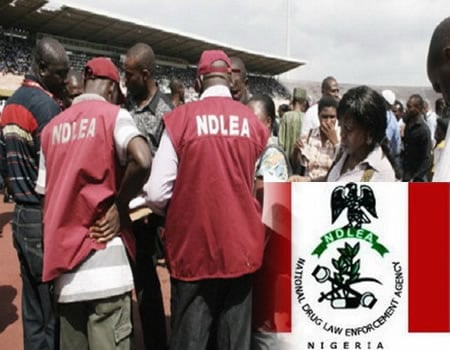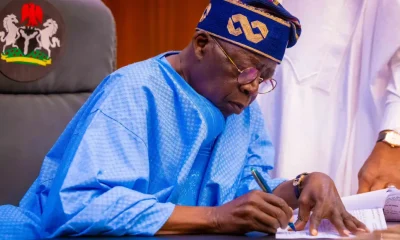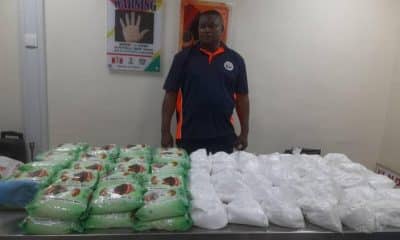Nigeria News
NDLEA Reveals Surprising Means Nigerian Youths Get High Now

The National Drug Law Enforcement Agency (NDLEA) has lamented how difficult it is to fight drug abuse amongst the youths as many of them look for other means to get intoxicated as a substitution for banned drugs.
This was made known by the Head of Drug Reduction of the NDLEA in Adamawa State, Shehu Dankolo while speaking with newsmen in the state capital, Yola.
He stressed that drug abusers are constantly turning otherwise harmless consumer products as well as urine into substances of abuse to beat the banning of drugs they are known to abuse.
He explained, “There are certain controlled drugs, particularly codeine cough syrup. You know, the federal government clamped seriously on them. Some of the companies closed down. So, the cough syrup that was initially N250 per bottle, but it is now sold for about ₦4,000. The same thing with tramadol which was N50 but is now about N500.
“Because these abused but banned drugs are so scarce and costly or entirely out of reach, people improvise other things. I won’t include so much detail so that people don’t read this and begin to experiment.
“There is a way they process urine. They take it and become intoxicated. There is a way they put Maggi in some energy drinks and it gives them intoxication. There is a certain sweet they put in half a bottle of water which they cover up and leave for some days. They form such other things. There are what we call new psychoactive substances. That is why drug abuse is difficult to tackle.”
He reiterated that despite the serious dangers of drug abuse and the best efforts of the NDLEA, drug abuse remained difficult to fight because of the foregoing ways and others that drug abusers continually invent ways to remain in the habit, but said some successes were being achieved in remedial efforts.
“Much awareness is being created through people like you (journalists). It would have been a lot worse if structures like the media, the NDLEA and others are not in place working hard,” he said.












